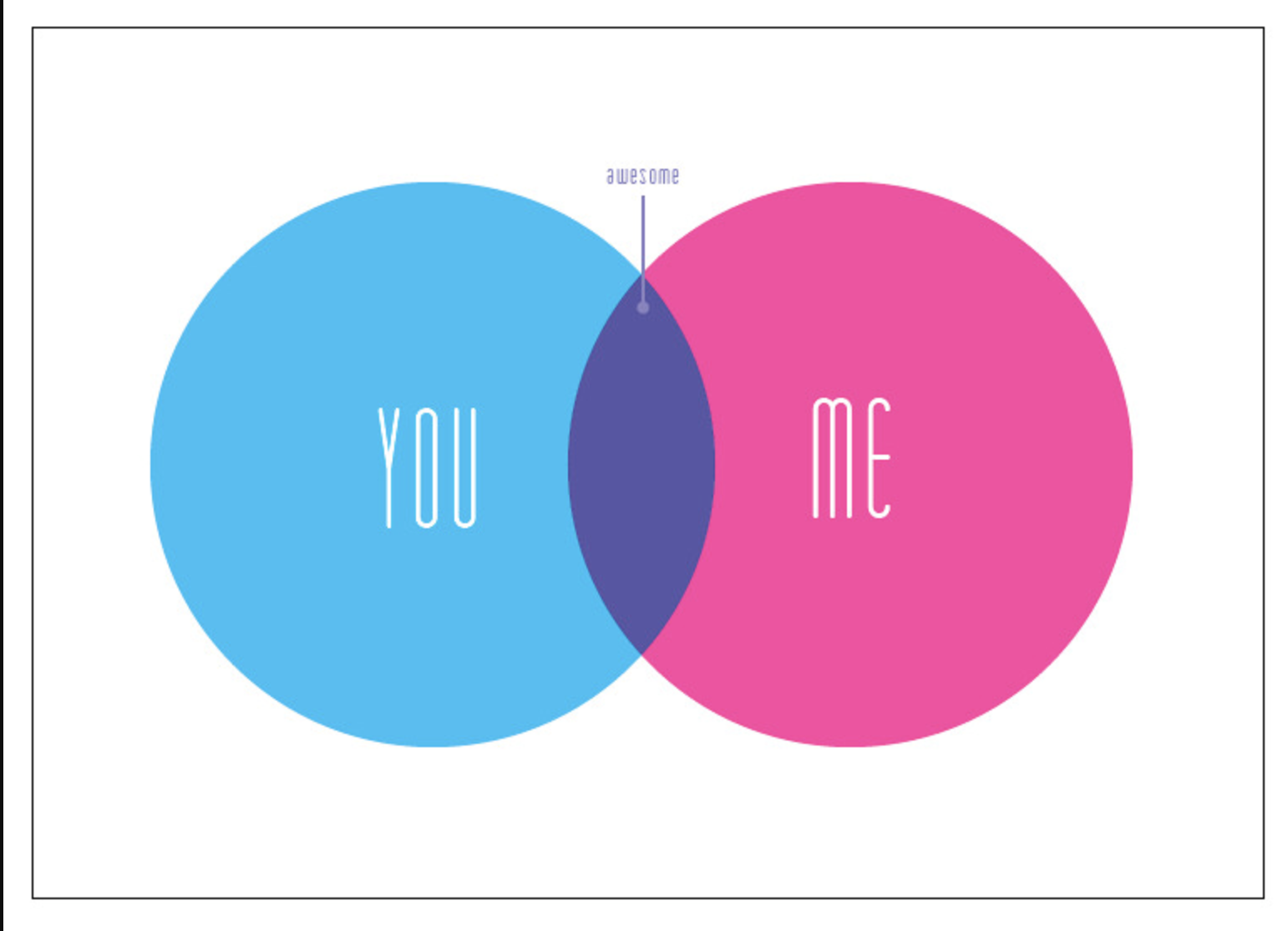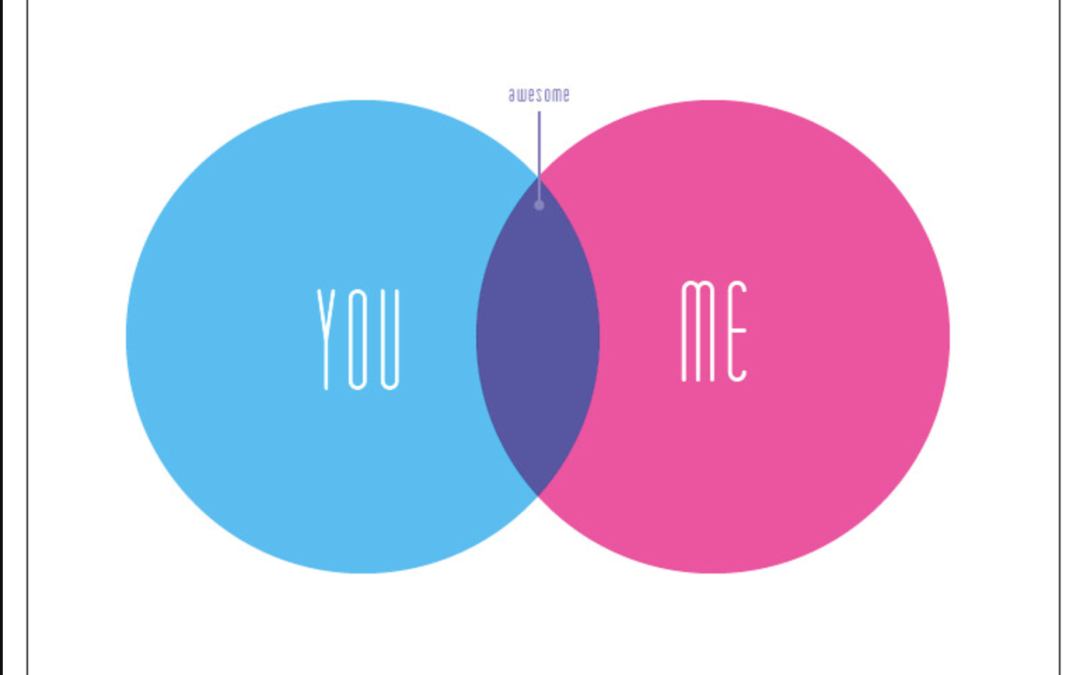I raised a few eyebrows with a response to a social media post last fall. One of my friends countered a comment I made with a pointedly political statement. He knows me and the things I believe and stand for, but I’m confident my response wasn’t what He expected: “I choose to support ideas that are good ones, no matter where they come from.”
My worldview and faith walk are as close to in step with God’s commands as I can possibly get, because I lived a long time away from Him, and know what I am like without Him. How that plays out in real life: when I started a mental health ministry in 2015, I was already keenly aware that many people working in a professional capacity in mental health often did not share a lot of the same social and moral perspectives as people working in a professional capacity in traditionally conservative ministries. But I think this is what God wants His followers to be doing: representing Him well, no matter where we find ourselves, not hidden away in a Christian fortress. And yes, I’ve received nasty unwarranted pushback just because I exist, and don’t fit the expectation that some people have for who needs mental health help.
I am not great at handling confrontation; one of my biggest weaknesses is the tendency to have brain freeze––anxiety or panic disorder––at moments of significant stress. The thought of working with people with wildly different views from mine in a field as sensitive a mental health and Christian life was not something I looked forward to, but I unquestionably knew that God had called me into this ministry. I chose to believe that He would give me all that I needed to do the work He had called me to do, or else why would I subject myself to my own weaknesses?
I believe that one of the most important things a Christ-follower can do at any time is resist the pressure of false dichotomy––that you have to choose option A or B, when Christ Himself often gave those around Him the previously unknown option C as the right way. This requires great discernment.
It’s far easier to see the world in absolutes of our own making or choosing, the ones that feel most comfortable to us. It’s much harder to live with the ambiguity of choices on both sides of the Venn diagram, choices which still conform to the way God has made a person in His image, and aligned with His commands.

Photo credit: https://live.staticflickr.com/4066/4514320753_d2e4108cba_c.jpg
That’s why God encourages people to ‘get wisdom, get understanding,’ which are two distinct things. Knowledge does not equal wisdom. That’s why doctors should work with parents of kids with disabilities and mental health needs, and why church leaders should lean into relationships with families with mental health and other special needs. No matter what the professional training and expertise tell you, without the relationship, there’s no understanding to accompany the black and white knowledge.
Jesus displayed these qualities time and again: balancing truth with grace (His conversation with the Samaritan woman, the woman about to be stoned for adultery––and all the people who were ready to stone her, and countless cases with His own disciples), bringing understanding from the depth of God’s Word, not just letting the black and white text operate as a cudgel against those He disliked.
No two people have exactly the same perspective or experiences, even those who grow up in the same house or attend the same church. No two people read exactly the same things, or certainly don’t interpret things the same as one another. Individually, we are influenced by our preferences, experiences and choices. Deep unforgiveness is evident in both knee-jerk reactions to personal prejudices and the refusal to hear views that differ from your own.
The ‘both/and’ life is not about having one foot in one world, and the other foot in God’s kingdom––as in lukewarm faith. It’s about being in this world, but not of this world, living with your mind set above the daily noise to the things that are true and eternal. In other words––discernment! Discernment is a spiritual gift, but it is also a gift that can be cultivated and can grow with maturity.
Whether my work and ministry is in my home, with my family, at my church, or in the corporate world, my calculus should be the same: measuring all actions and choices against the scale of God’s Word and Christ’s clear example, which often found Him in places where the so called leaders didn’t expect Him to be––pulling truth out of the fogginess of life––like an unexpected rabbit out of a hat.
Get wisdom, get understanding should be the rallying cry of our times.
Become Patreon Subscriber
For more content like this, become a subscriber by clicking the link below.
Thank you for your support!


Recent Comments